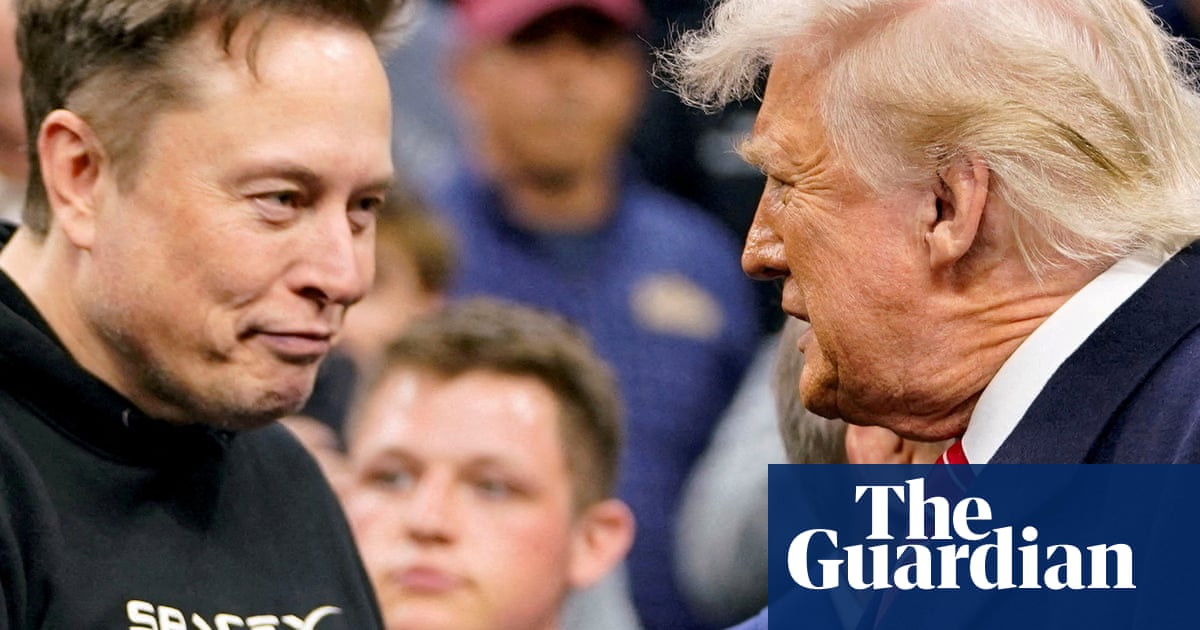The prominent US marketing professor Scott Galloway saysElon Musk’s decision to implement brutal job and spending cuts within the federal government on behalf of the Trump administration was “one of the greatest brand destructions” ever.
Speaking on Friday’s episode of the popular Pivot podcast, which he co-hosts, GallowaysaidTrump’s billionaire businessman adviser alienated the customer base of his electrical vehicle manufacturer Tesla – one of his most important holdings – while aligning himself with a president whose allies aren’t interested in the kinds of cars the company makes.
Galloway then cited polling which suggested Tesla had fallen from the eighth-most reputable brand in 2021 to 95th.
“He’s alienated the wrong people,” Galloway remarked. “Three-quarters of Republicans would never consider buying an EV. So he’s cozied up to the people who aren’t in EVs.”
Galloway also rattled off figures maintaining that Tesla’s sales were down 59% in France, 81% in Sweden, 74% in the Netherlands, 66% in Denmark, 50% in Switzerland and 33% in Portugal after Musksoughtto intervene in various European political affairs in recent months.
Many in Europe, a lucrative EV market, were put off by Musk’s meddling. And Tesla’s Chinese competitor BYD outsold the Austin-based company in Europe for the first time ever in April, a report from Jato Dynamics, which supplies automotive industry intelligence.
“This has arguably been one of the greatest brand destructions,” Galloway said to his co-host, veteran tech journalist Kara Swisher. “Tesla was a great brand.
“He’s alienated his core demographic.”
The federal job and spending cuts attributed to Musk stem from his involvement leading the so-called department of government efficiency (Doge) during Trump’s second US presidency, which began in January. Musk landed the role after his super political action committeedonated$200m to Trump’s successful run in November to return to the White House after he lost the 2020 election as the incumbent.
Opinion polling since hassuggestedstrong disapproval of the work Musk has done for Trump, including some research showing a majority of voters disliked the way the businessman and Doge had dealt with federal government employees in particular as the department slashed jobs.
Toward the end of April, Tesla was reporting a 71% dip in profits – and, on an earnings call with Tesla investors, Musk said he would start pulling back from his role at Doge beginning in May.
Musk said his work getting the government’s “financial house in order is mostly done” and therefore his “time allocation to Doge will drop significantly”.
One nonpartisan research group, the Partnership for Public Service,estimatedin late April that about $160bn in cuts touted by Doge were on track to cost roughly $135bn.
